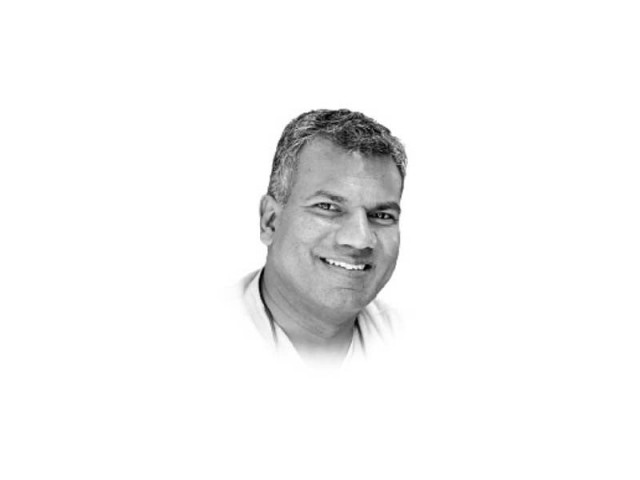Margalla Dialogue: framing Pakistan's future
From security to economy, the Margalla Dialogue defines Pakistan’s new strategic vision

When the Prime Minister of Pakistan, President of Pakistan and the Chief of Army Staff attend a conference, it is no longer just a conference, it becomes a statement of intent. The Margalla Dialogue, the flagship forum of the Islamabad Policy Research Institute (IPRI), has grown into exactly that: a declaration of Pakistan's ambitions, anxieties and aspirations in an uncertain world.
This year's Margalla Dialogue's theme, 'The Future of Global Order: Cooperation or Confrontation' could not be more timely. In an era defined by shifting alliances, fractured supply chains and disruptive technologies, the Dialogue offers Pakistan a stage not merely to take part in global conversations but to shape them.
Last year's gathering placed inclusive growth at the heart of national security. That idea returns this year with greater urgency as the 2025 edition looks outward from Islamabad to the world to ask whether cooperation can survive confrontation.
At its essence, the Margalla Dialogue has become a national agenda setting exercise. The notion of security is no longer purely military. The thrust is you cannot have national security until there is inclusive growth. Economic strength, stable growth, trade connectivity and resilience to shocks are now inseparable from national security.
Pakistan is undergoing a quiet but profound shift from a traditional security lens to one that embraces economic, technological and human dimensions. The Dialogue reflects this transformation and magnifies it before the world.
What sets it apart is the diversity of its participants. It gathers ministers, diplomats, academics, business leaders and senior members of the Armed Forces, voices that rarely share one table. This blend makes it a genuine Track 1.5 forum, part official and part intellectual, where real policy meets real expertise. The Dialogue is where Pakistan thinks aloud about its future.
Given the current global trade mood, one of the most critical sessions is the one under the Economic Security Forum, focusing on 'Trade and Tariff Wars: The Future of Global Competition'. The panel includes leading economists, policymakers, entrepreneurs and financial experts who will explore how connectivity and trade policy define national strength in a world where economics is the new frontier of security. For Pakistan, managing debt, energy and competitiveness, the message is unmistakable: economic policy is national security policy. The strength of the economy determines the strength of the state.
The Dialogue's importance, however, goes beyond individual panels. It shapes how Pakistan tells its story. Editorials have called it "the premier security and development dialogue in the country", a space through which Pakistan and the broader Global South can speak for themselves rather than be spoken for. In an age of polarised blocs, that ability to project an independent narrative has become its own form of soft power.
The 2025 theme carries unusual urgency. The future of the global order teeters between confrontation and cooperation. Rivalries among the US, China and Russia are redrawing spheres of influence. Economic decoupling threatens the idea of open markets. AI, cybersecurity and competition for resources are rewriting the rules of engagement. For Pakistan, placed at the intersection of these shifts, the Dialogue offers a chance to frame a balanced, forward looking approach that favours cooperation without surrendering sovereignty.
Ultimately, the Margalla Dialogue is more than a conference; it is Pakistan's intellectual summit. It brings together the state, the academy and the market in a way few events manage. It reimagines security in broader terms - economic, environmental, technological and human. And perhaps most importantly, it asserts that Pakistan's ideas, not just its geography, will help define the region's future.
The Margalla Dialogue reminds us that in a divided world, conversation itself is an act of courage, and that Pakistan's voice, clear and confident, deserves to be among those guiding the way forward.














COMMENTS
Comments are moderated and generally will be posted if they are on-topic and not abusive.
For more information, please see our Comments FAQ